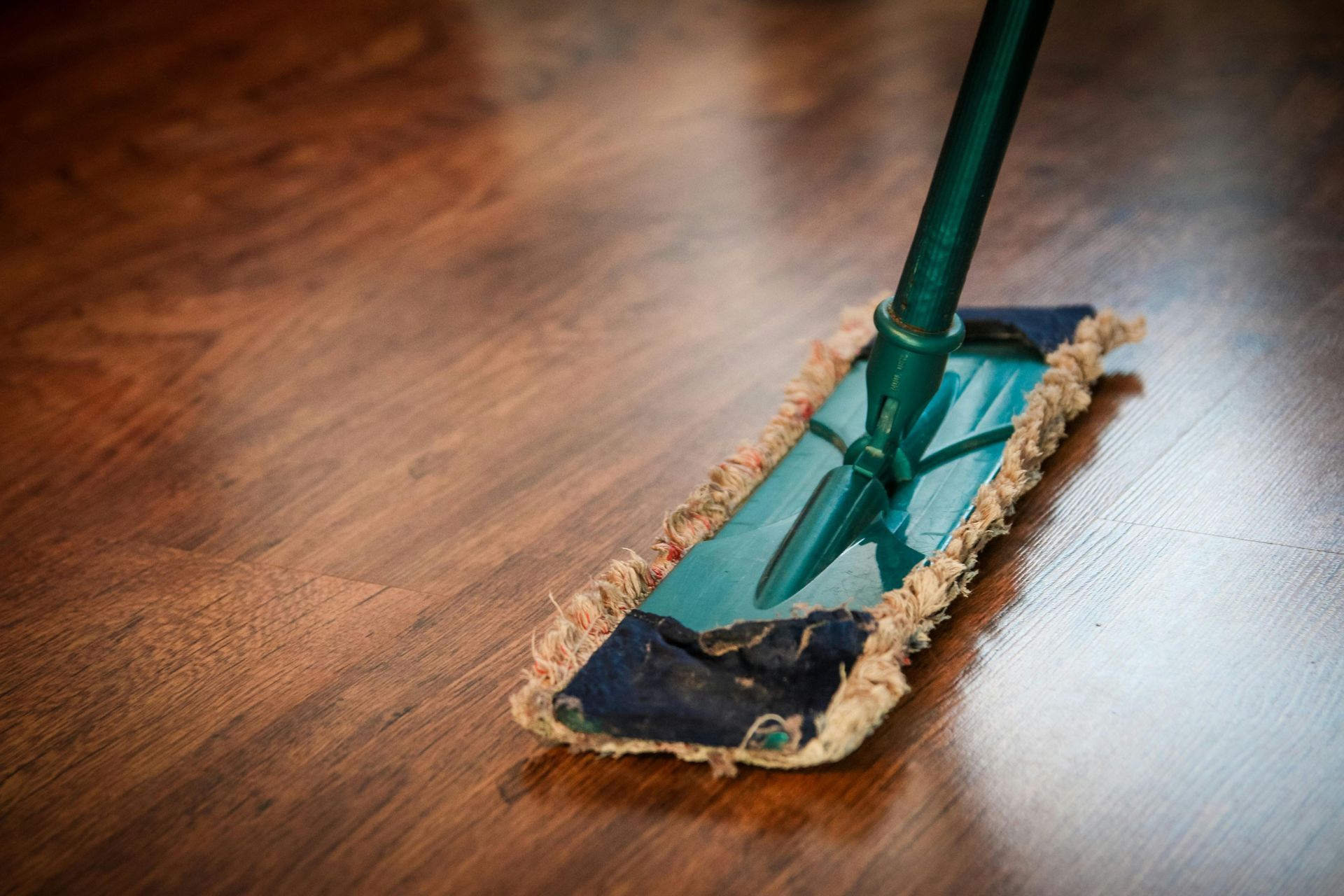Basic Tenant Rights in North Carolina: What Every Renter Should Know
Renting a home in North Carolina comes with a set of important rights and protections designed to ensure safe, fair, and habitable living conditions for tenants. Whether you’re leasing an apartment in Charlotte, a house in Greensboro, or a trailer in a rural county, understanding your basic tenant rights is the first step to a positive rental experience.
Right to a Habitable Home
Every tenant in North Carolina has the right to a habitable living space. This means your landlord is legally required to keep your rental property safe, clean, and up to local building and housing codes. Essential services-such as plumbing, heating, electricity, and hot water-must be in working order. Landlords must also address pest infestations, repair broken appliances included in the lease, and maintain common areas like hallways and staircases.
If your home becomes uninhabitable due to the landlord’s failure to make repairs, you have the right to request those repairs in writing. However, North Carolina law does not allow tenants to withhold rent to force repairs. Instead, if repairs are not made after proper written notice, tenants may have the right to terminate the lease or seek remedies through the courts. Always consult with Legal Aid or an attorney before taking action.
Right to Privacy and Quiet Enjoyment
Tenants have the right to privacy and the “quiet enjoyment” of their home. This means landlords cannot enter your rental property without providing reasonable notice, except in emergencies. You have the right to live without unnecessary disturbances from your landlord or neighbors.
Right to Non-Discrimination
North Carolina law prohibits landlords from discriminating against tenants based on race, color, national origin, religion, sex, familial status, or disability. If you believe you have been treated unfairly in the rental process due to any of these factors, you may have grounds for a legal complaint.
Right to Due Process in Eviction
You cannot be evicted without proper legal procedure. Landlords must provide notice and follow the court process to evict a tenant for reasons such as non-payment of rent or violating lease terms. For non-payment of rent, landlords must generally provide a 10-day notice before filing for eviction. If you receive an eviction notice, you have the right to a hearing and the opportunity to appeal.
Right to Security Deposit Protections
Landlords can charge a security deposit, but North Carolina law limits the amount: up to two months’ rent for long-term leases and one and a half months’ rent for month-to-month agreements. At the end of your tenancy, your landlord must return your security deposit (minus any lawful deductions) within 30 days, or provide an itemized list of deductions if repairs or cleaning are needed.
Right to Written Notice for Lease Changes
For month-to-month leases, either party must provide at least 7 days’ written notice before ending the lease. For longer-term leases, the notice period is typically specified in the lease agreement.
Tenant Responsibilities
Alongside these rights, tenants also have responsibilities. You must pay rent on time, keep your home clean, dispose of trash properly, and avoid damaging the property beyond normal wear and tear. Tenants are also expected not to disturb neighbors or allow others to do so.
Where to Get Help
If you have questions about your rights or need assistance with a landlord-tenant issue, organizations like Legal Aid of North Carolina can help. Understanding your rights is the best way to protect yourself and ensure a safe, fair rental experience.
In summary, North Carolina tenants are protected by laws that guarantee a habitable home, privacy, due process, and non-discrimination. Knowing your rights-and your responsibilities-can help you navigate any rental situation with confidence.














